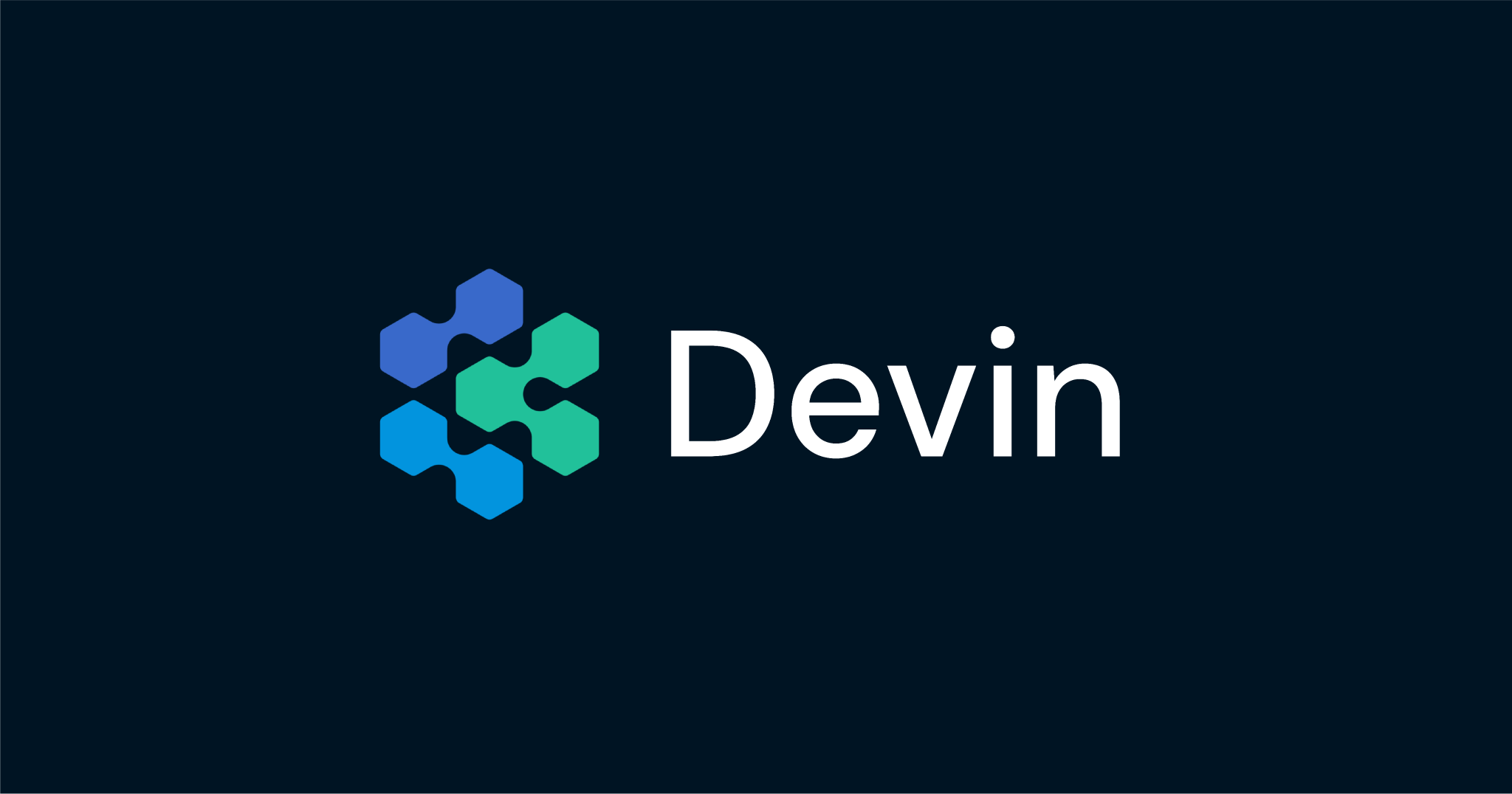Table of Contents
Overview
Imagine having a tireless, autonomous AI software engineer at your beck and call, ready to tackle complex coding tasks while you focus on the bigger picture. That’s the promise of Devin, and with the release of Devin 1.2, Cognition Labs is taking that promise even further. This latest iteration boasts improved code context reasoning, innovative voice command capabilities, and streamlined login, making it an even more compelling tool for software teams looking to boost productivity and efficiency. Let’s dive into what makes Devin 1.2 stand out.
Key Features
Devin 1.2 is packed with features designed to revolutionize the software development process. Here’s a breakdown of its key capabilities:
- In-context reasoning for navigating and understanding codebases: Devin can intelligently analyze and understand complex code structures, allowing it to effectively navigate and reason about the codebase. This is crucial for tackling intricate tasks and minimizing errors.
- Slack voice command integration: Developers can now delegate tasks and interact with Devin using voice commands directly through Slack, streamlining workflows and enabling hands-free programming.
- Simplified authentication with machine snapshots: Logging in is now easier than ever with machine snapshots, offering a secure and efficient authentication process.
- Autonomous task execution for coding, debugging, and testing: Devin can independently execute a wide range of software engineering tasks, including writing code, debugging errors, and running tests, freeing up developers to focus on more strategic initiatives.
- Enterprise workspace management and billing tools: Devin 1.2 offers robust workspace management and billing tools, making it easier for organizations to manage and track usage across teams.
How It Works
Devin operates by interacting directly with your software repositories. It analyzes the code, interprets the context, and executes engineering tasks with minimal human intervention. Developers can delegate work through chat or, now, voice commands via Slack. The system meticulously tracks code history, seamlessly integrates with existing development tools, and autonomously pushes updates. This allows for a streamlined and efficient development process, where Devin handles the heavy lifting while developers maintain oversight and guide the overall direction.
Use Cases
Devin 1.2 can be applied to a variety of software development tasks, making it a versatile tool for teams of all sizes. Here are a few key use cases:
- Writing, debugging, and refactoring code: Devin can assist with all stages of the coding process, from initial development to bug fixing and code optimization.
- Automating feature development tasks: Delegate specific feature development tasks to Devin, allowing it to handle the coding and testing while you focus on design and strategy.
- Running and analyzing test suites: Devin can automatically run test suites and analyze the results, providing valuable insights into code quality and performance.
- Maintaining and reviewing large codebases: Devin’s in-context reasoning capabilities make it ideal for maintaining and reviewing large, complex codebases, identifying potential issues and ensuring code consistency.
- Supporting software teams with voice-command programming: The new voice command integration allows developers to interact with Devin hands-free, further streamlining workflows and increasing productivity.
Pros & Cons
Like any powerful tool, Devin 1.2 has its strengths and weaknesses. Understanding these pros and cons is crucial for determining if it’s the right fit for your team.
Advantages
- High degree of autonomy: Devin can independently execute a wide range of software engineering tasks, freeing up developers to focus on more strategic initiatives.
- Effective in complex repositories: Devin’s in-context reasoning capabilities make it well-suited for working with large and complex codebases.
- Integrated with communication tools: The Slack voice command integration streamlines workflows and enables seamless communication between developers and the AI.
Disadvantages
- Premium pricing: Devin is a premium tool, and its pricing may be a barrier for some individuals and smaller teams.
- May require supervision for mission-critical tasks: While Devin is highly autonomous, it may still require human supervision for mission-critical tasks to ensure accuracy and alignment with business goals.
How Does It Compare?
While there are other AI-powered coding tools available, Devin stands out for its level of autonomy. Let’s compare it to a couple of popular alternatives:
- GitHub Copilot: Copilot is a strong assistive coding tool that provides suggestions and autocompletion, but it’s not truly autonomous. It requires constant human guidance and input.
- Sourcegraph Cody: Cody excels at code search and provides helpful context, but it offers less execution autonomy compared to Devin.
Final Thoughts
Devin 1.2 represents a significant step forward in the evolution of AI-powered software engineering. Its improved code context reasoning, voice command capabilities, and simplified login make it a powerful tool for boosting productivity and efficiency. While the premium pricing and need for occasional supervision are factors to consider, Devin’s high degree of autonomy and effectiveness in complex repositories make it a compelling option for teams looking to revolutionize their software development process. As AI continues to evolve, Devin is undoubtedly a tool to watch closely.
